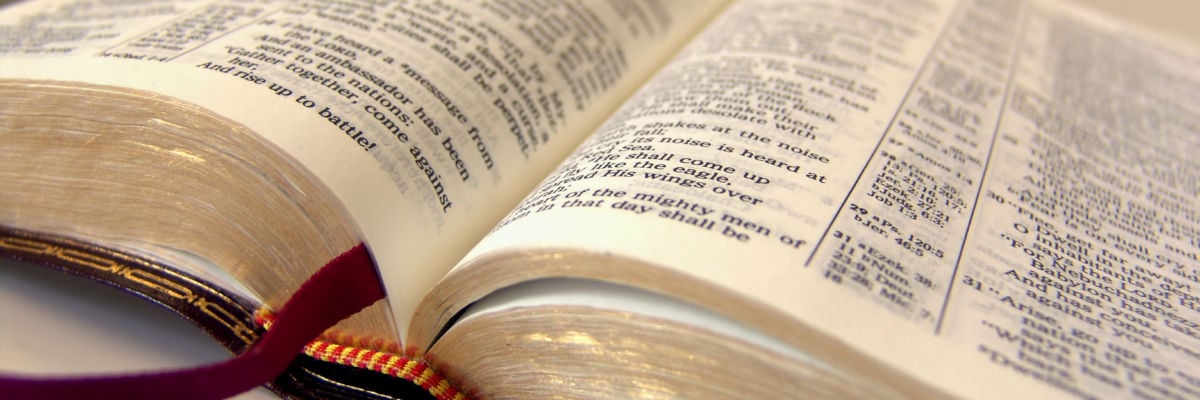
Protestants are often mortified (metaphorically) by the fact Catholics mortify themselves (literally).
Doing penances, either voluntarily or as required on Fridays and after confession, is alien to Protestants, who do not practice penances as a way of expressing sorrow over past sins, making supplication to God, or encouraging sanctification through self-discipline.
Especially foreign are penances involving mortification, self-humiliation, or lamentation. We are told to rejoice and be happy, for Jesus has died for us. Yet penances are taught in both Old and New Testaments.
“And when Ahab heard those words, he rent his clothes, and put sackcloth upon his flesh, and fasted and lay in sackcloth, and went about dejectedly. And the word of the Lord came to Elijah the Tishbite, saying, ‘Have you seen how Ahab has humbled himself before me? Because he has humbled himself before me, I will not bring the evil in his days'” (1 Kgs. 21:27-29).
“[B]ecause your heart was penitent, and you humbled yourself before the Lord . . . and you have rent your clothes and wept before me, I also have heard you, says the Lord” (2Kgs. 22:19).
“Then I turned my face to the Lord God, seeking him by prayer and supplications with fasting and sackcloth and ashes” (Dan. 9:3).
“For it is for thy sake that I have borne reproach, that shame has covered my face. . . . For zeal for thy house has consumed me, and the insults of those who insult thee have fallen on me. When I humbled my soul with fasting, it became my reproach. When I made sackcloth my clothing, I became a byword to them” (Ps. 69:7-11).
“In that day the Lord God of hosts called [you] to weeping and mourning, to baldness and girding with sackcloth; and behold, [you made] joy and gladness . . . eating flesh and drinking wine. ‘Let us eat and drink, for tomorrow we die.’ The Lord of hosts has revealed himself in my ears: ‘Surely this iniquity will not be forgiven you till you die'” (Is. 22:12-14).
“Gird on sackcloth and lament, O priests; wail, O ministers of the altar. Go in, pass the night in sackcloth, O ministers of my God! . . . Sanctify a fast, call a solemn assembly. Gather the elders and all the inhabitants of the land to the house of the Lord your God, and cry to the Lord” (Joel 1:13-14).
“But when you fast, anoint your head and wash your face, that your fasting may not be seen by men but by your Father who is in secret” (Matt. 6:17-18).
“I pommel my body and subdue it, lest after preaching to others I myself should be disqualified” (1 Cor. 9:27).
“Draw near to God and he will draw near to you. Cleanse your hands, you sinners, and purify your hearts, you men of double mind. Be wretched and mourn and weep. Let your laughter be turned to mourning and your joy to dejection. Humble yourselves before the Lord and he will exalt you” (Jas. 4:8-10).
“And I will grant my two witnesses power to prophesy for 1,260 days, clothed in sackcloth” (Rev. 11:3).


